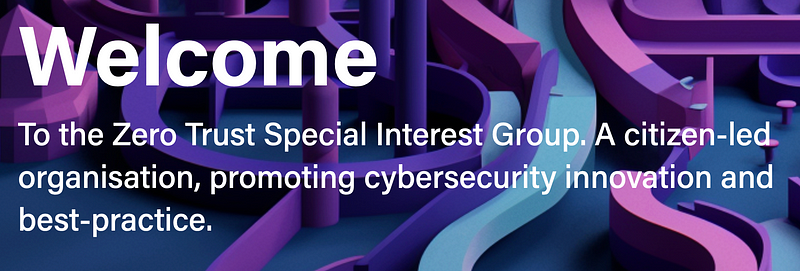Towards Zero Trust and Citizen Rights

Towards Zero Trust and Citizen Rights
The Internet we have built is deeply flawed. Basically, we have advanced methods that matched our 1980s viewpoint of cybersecurity, where privacy, digital identity, and security-by-design had little thought. With every new advantage and every new threat, we have papered over the cracks and applied sticking plasters to our existing approaches.
But, the Internet is so much more than a bunch of computers connecting through the IP proposal — it is an integral part of virtually everything we do at home and at work. It has, too, become a place where the rights of citizens to privacy becomes ever more eroded.
The digital world we have is an ad-hoc one, with little in the way of trust and citizen identity. But, we now have the tool kit to build a better digital world, and at its core is cryptography. It is a foundation now based on Ethernet frames but on mathematical principles. On this foundation, we can build digital versions of our society, and properly integrate citizen rights to ownership of data and their identities, the rights of privacy, and in providing more certainty within digital transactions. The power of public key encryption should bring a new world of opportunity, and allow us to remove our paper-based approaches of the past.
And, so, this week, I am pleased to say that I have been appointed to the Zero Trust Special Interest Group. Its key focus is to promote the adoption of digital risk reduction methodologies and technologies which address common cybersecurity challenges:
Bill Buchanan OBE, Professor in the School of Computing at Edinburgh Napier University and founder of world leading…www.zerotrustsig.org
We have at our fingertips the opportunity to replace flawed approaches and build a better digital world. For this, we must finally integrate human trust with digital trust. And, our security models of black lists and white lists have also not worked. Increasingly, we need security by design, and where we build systems that have no inherent trust in anything that is transacted, and everything must prove its existence and can be proven to be safe.
Much of our current work is focused on digital identity, applied cryptography and digital wallets, and which aim to improve digital engagement for citizens. Our GLASS wallet — funded by the EU — aims to allow EU citizens to move around the European Union, with full control of their identity credentials.
I hope our next generation will see a whole new world of opportunity, and address the flaws of our past. This generation will see digital collaboration and trust as a natural part of building new digital worlds, and fully removing the legacy of the past. We need to build more bridges and knock down the boundaries and barriers that falsely separate us.